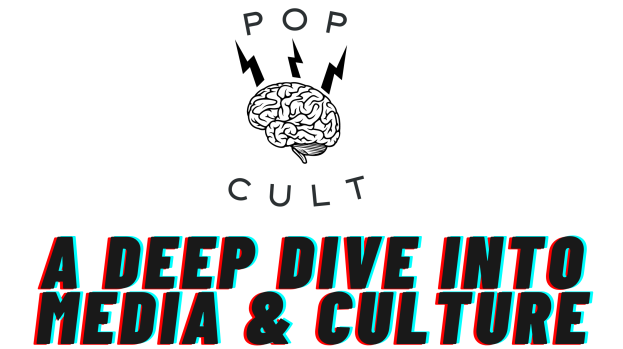
Certified Copy (2011)
Written & Directed by Abbas Kiarostami
James Miller, a British writer, travels to Tuscany to give a talk about his book “Certified Copy” wherein he argues that reproductions and forgeries of art are just as relevant to conversations of art as the originals. This is based on his idea that even the original is a reproduction of a model or an idea and therefore all art is a reproduction of something. He meets up with an unnamed French antique dealer who is incredibly enthusiastic about his book, and they discuss his ideas on art while on a drive to a village in the countryside. Miller excuses himself during a stop to get coffee and a barista mistakes Miller and the woman for a couple, and the woman plays along telling a whole story about her husband being so distant and never spending time with their son. Things take a turn for the strange because after the woman tells Miller about the employee’s assumption, they appear to take on the personas of a real husband and wife, devolving into an argument about long-simmering tensions. So what is the reality? Do we see a roleplay or are they a couple? Alternatively, does it even matter? Are two people who are feeling the genuine emotions associated with this type of relationship just as valid a real married couple?
This is the second film I’ve seen from Iranian writer-director Abbas Kiarostami, the first being 1990’s Close Up. In that film, Kiarostami recreates the real-life story of a man who posed as a fellow director. To do this, Kiarostami uses the real people involved in the entire identity theft affair, recreating the moments that led up to a trial. Everyone plays themselves, even the judges and police. Even here, our filmmaker is playing the ideas of metafiction, reality, and art existing at the border of a blurred line. So too in Certified Copy, we get a story that plays with the truth of the relationship between the two central characters.
Everything about Certified Copy reveals the playful nature of Kiarostami, manipulating not just our perceptions of the relationship between Miller and the woman, but using perspective to obscure and reveal the physical space around them. During table conversations, they look directly into the camera when they speak. One scene has the woman in the background through an archway, talking to a young married couple. Miller sits against a wall with his back to them in the foreground, with the reflection of another young bride fretting over her turn at taking a picture under a local attraction. During Miller’s talk in the film’s opening the camera cuts back and forth between him and the audience, then staying on him, before cutting back the audience where it remains for rest of the talk, distracting us from his words with an argument between the woman and her teenage son.
All of this relays to us that we are not going to be allowed to see or know what Kiarostami doesn’t want us to. We are never going to get the satisfaction of an answer to just how Miller and the woman are connected. Are they getting caught up in the play acting of being a couple for a day, taking things too seriously and going a bit too deep in their roles? Are they lovers, pretending to be strangers when they first see each other, reminded of what they are by the coffee shop employee? Is she his mistress and the train he must catch by nine the one that will carry him back to his other family. Is the woman’s son, Miller’s son? She implores him to tell her the story behind how he came up with the idea for Certified Copy, and he spins a tale about a woman and her son he saw years ago in Florence. He says he remembers the way the boy looked at the facsimile statue of Michelangelo’s David and how that struck Miller as an understanding that to this child this was the real David. The woman becomes teary-eyed and deeply emotional while he tells this story. Was this about her and her son?
Kiarostami has managed to create a beautiful post-modern puzzle of a movie, akin to the work of Antonini or in literature, the playfully dark turns on reality from John Fowles. There is not narrative satisfaction waiting for you in Certified Copy, but there are breathtaking moments of emotional truth, the film resting on the shoulders of Juliette Binoche and first-time actor William Shimmel. They both deliver performances based around dialogue that prove to be as riveting as any shoot out or car chase.

One thought on “Movie Review – Certified Copy”